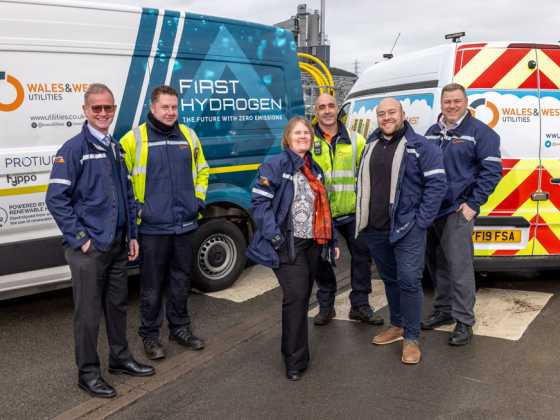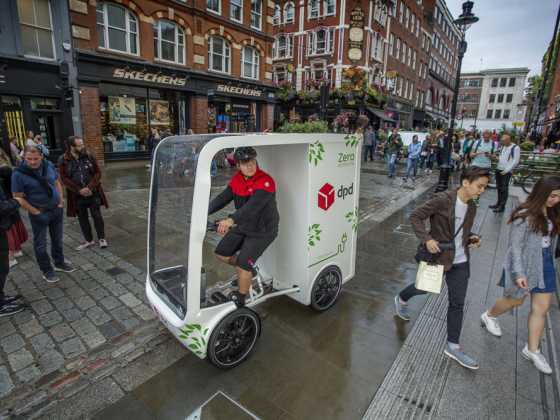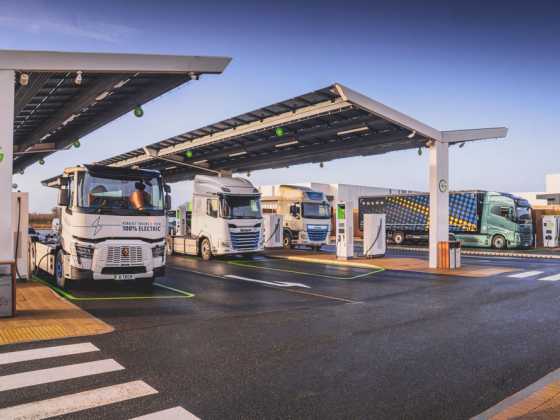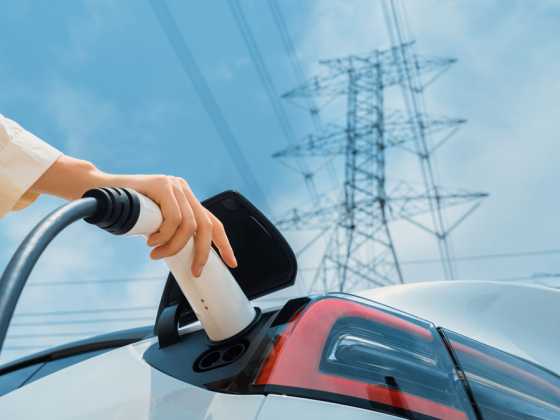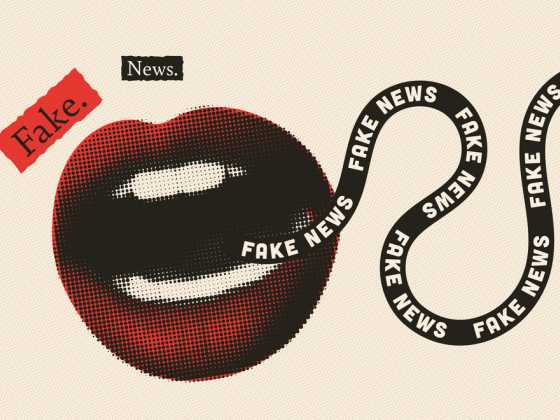Adding air quality to the agenda
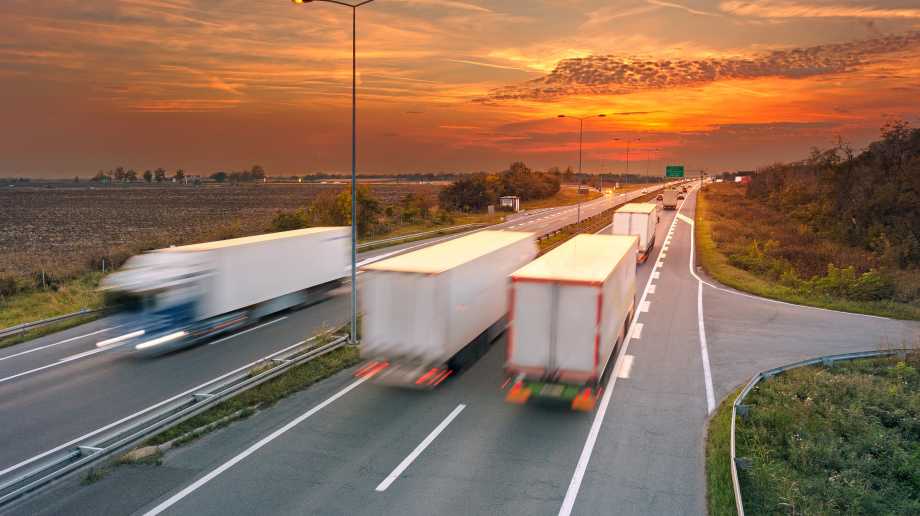
The Freight Transport Association (FTA) has changed its Logistics Carbon Reduction Scheme to become the Logistics Emissions Reduction Scheme (LERS), to incorporate air quality performance as well as carbon reduction
The Logistics Carbon Reduction Scheme was relaunched at this year’s Commercial Vehicle Show as the Logistics Emissions Reduction Scheme (LERS).
The LERS scheme has set a new target of a five per cent reduction in emissions by 2020, and a 15 per cent reduction by 2025 compared to 2015 levels. It is hoped that by providing industry with a tool to record and report its progress in reducing emissions from freight operations, it will demonstrate to government that no further regulation is required.
Last year the government announced the need for Clean Air Zones in multiple locations across the UK in its Air quality plan for nitrogen dioxide (NO2) in UK. HGVs account for 18 per cent of local road traffic NOx emissions, whilst vans account for 22 per cent. This issue of air quality is a new challenge for industry and it was agreed by members that the scheme had to evolve to tackle improving air quality as well as reducing carbon emissions.
LERS will have its very own brand-new website, and will provide members with support and guidance on how to reduce emissions as well as providing fuel saving and efficiency figures so that members of the scheme can ensure their fleet is as fuel efficient as possible whilst reducing their emissions.
Demonstrating dedication
By signing up to the scheme, LERS members will be demonstrating their dedication to reducing national carbon emissions, as well as local NOx emissions. Through data reporting, the LERS aggregates fuel usage and business activity data from members to establish a carbon footprint for the scheme, as well as efforts to improve air quality. At such a challenging time for freight operators with regards to clean air, the performance of scheme members against emissions targets is a clear demonstration that changes are possible, and that emissions can be reduced, with use of the correct technology.
FTA is proud to support LERS and urges operators to join the existing members to further demonstrate their commitment and desire to make industry greener. Membership is free and open to all companies with at least one commercial vehicle (HGV or van).
Rebecca Kite said: “As the scheme continues to grow in membership and in strength, its members never fail to impress me with their increasing efforts and versatility in adopting new technologies. They are truly dedicated and committed to reducing their emissions and ensuring their fleet operations are as efficient as possible.
“I am very excited to be involved in the relaunch of the new scheme and look forward to watching it develop. The changes to air quality policy from government will continue to challenge us, but I am confident that our members will continue to outperform industry as a whole and lead the way into a cleaner, greener future.”
History of LCRS
LERS’ predecessor, the LCRS, was first launched in December 2009 by 12 founding members, in response to the UK Climate Change Act and the Department for Transport’s Low Carbon Strategy 2009 to demonstrate that industry is capable and willing to reduce its emissions without regulation. Since the scheme’s launch, the total membership has grown to include over 130 companies, representing over 88,000 commercial vehicles. A voluntary industry initiative to record, report and reduce transport emissions, LCRS allowed the UK logistics sector to publicly report its contribution towards national carbon reduction targets and was endorsed by the Department for Transport’s Freight Carbon Review in 2017.
LCRS members have continued to outperform the industry average, making significantly better progress in reducing their emissions. Between 2010 and 2105, members achieved an impressive seven per cent reduction in tailpipe greenhouse gas emissions. Their average emissions are close to 13 per cent lower per vehicle kilometre than the trend for the wider logistics industry. At the end of 2016, 40 per cent of members’ HGVs were already Euro VI, and they continue to lead the way in trialling alternatively-fuelled vehicles and technologies. In addition, they also incorporate multiple emission reducing mechanisms such as tyre management, driver training and telematics within their operations to further reduce their emissions.
LCRS award winner
The winners of the LCRS Leadership in Carbon Reduction Award 2018, sponsored by Bridgestone, demonstrated how it is possible to reduce the environmental impact of every aspect of a logistics operation, to positive effect. John Raymond Transport, based in Bridgend, South Wales, impressed the judges with its comprehensive range of measures designed to counteract the environmental effects of running a fleet in Wales and beyond.
To keep a clear view of drivers and driving performance, all of John Raymond’s vehicles are fitted with full telemetry which reports all relevant metrics via a web-based dashboard and a series of different reports. In turn, this is linked to the tachograph analysis software, to give the company’s management the chance to monitor trucks and drivers, and make recommendations to change driving behaviours or improve vehicle efficiency.
John Raymond Transport has also involved all its drivers in the push to reduce the company’s environmental impact: each driver is rated against metrics including MPG and idling time, and rewards are given for positive changes in behaviour. Telemetry is also used to generate a league table of driving performance, which generates bonus payments to drivers achieving high scores or improvements in behaviour.
To help communicate the need for fuel efficiency, the company has appointed a fuel “champion”, who works closely with employees to handle the day to day administration of John Raymond’s telemetry and driver analytics systems. Improvements in driving styles are also rewarded by increased hourly rates of pay, together with a six-monthly performance, all closely linked to economies achieved through better fuel consumption.
One of the key issues facing logistics companies is the cost of empty running. John Raymond Transport has circumvented this problem by using a state of the art transport management system, which tracks vehicles and links them to loads in real time to keep empty running to a minimum. All vehicles in the fleet are set with speed limiters, while tyre and vehicle renewal programmes ensure that the fuel efficiency of HGVs is always at the forefront of the fleet manager’s mind. Together with a comprehensive fleet renewal programme and consideration of alternative modes of transport, a positive culture of change and efficiency has been instilled across the entire John Raymond Transport operation.
“To win the LCRS award this year, John Raymond impressed the judges with their willingness to change behaviours and engage with staff at every level across the business to improve fuel efficiencies,” says Becki Kite.
“The amount of work involved to take top honours in the competition is not to be underestimated – John Raymond Transport’s efforts should stand as a great example of what can be achieved if the willingness to change and adapt to new environmental measures is adopted at every level of a logistics business. Congratulations to them on their win – they are great role models for the logistics industry.”


